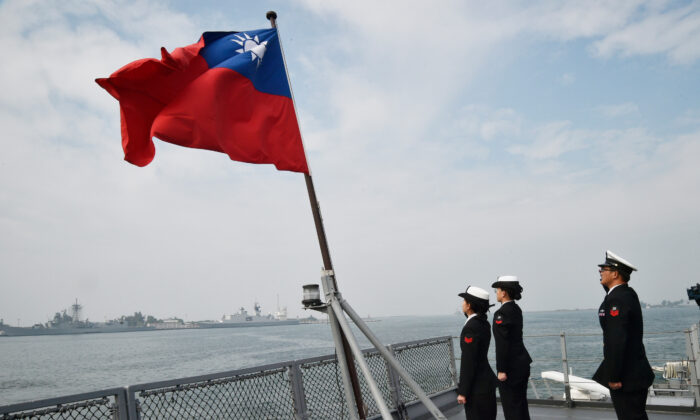Tsai said. “We must remain vigilant and continue to strengthen our defenses against these threats.”
According to Taiwan’s intelligence chief, Communist China’s recent seizure of a Taiwanese fishing boat may have been a geopolitical tactic to pressure the Taiwan government. Chinese coast guard vessels boarded and seized the fishing ship, forcing it and its crew to a port in China. The director-general of Taiwan’s National Security Bureau suggested that China’s motives could be to demonstrate jurisdiction over the Taiwan Strait, weaken Taiwan’s sovereignty, or apply pressure on the government.
The incident in Kinmen has heightened tensions in the region, with China claiming Taiwan violated its fishing ban. Taiwan has called for the release of the fishing ship and its crew, while the White House has stated it is closely monitoring the situation.
The waters near Kinmen have seen previous incidents, including a fatal clash involving a Chinese speedboat intruding into Taiwan’s restricted waters. Taiwan’s Act Governing Relations has outlined maritime boundaries, but tensions remain high, especially after the inauguration of Taiwan’s new president. China’s military drills and judicial threats against Taiwan have further strained relations across the Taiwan Strait.
To achieve its goal of seizing Taiwan, the CCP is employing military and non-military tactics, including disinformation campaigns and cognitive warfare. The Pentagon’s military report on China highlighted China’s focus on psychological warfare and influencing public opinion to create a favorable environment for its actions.
Taiwan’s intelligence chief also warned of increased infiltration efforts by China, with numerous national security cases under investigation. Strengthening defenses against these threats is crucial to safeguarding Taiwan’s security and sovereignty.
Tsai mentioned that China’s infiltration activities can be categorized into four sections: intelligence gathering, forming organizations, stealing technology secrets, and influencing elections. In April, a former Taiwanese businessman and his son were sentenced to eight years in prison in Taiwan for engaging in espionage for Chinese intelligence. The father and son, named Huang, managed to recruit two Air Force officers to help establish a spy network in Taiwan. They shared sensitive documents related to Taiwan’s military activities with Chinese officials in exchange for money. The Huangs received a total of NT$1.71 million, while the officers were paid NT$310,000 each. The officers were also sentenced to prison for accepting bribes as public officials.
Source link





